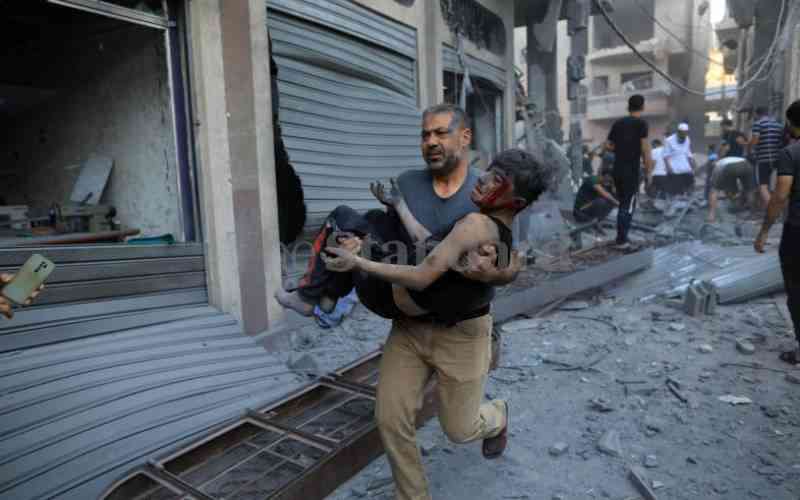
Does Israel have the right to self-defence in the Palestinian-Israeli conflict as asserted by the US and its Western alliance? Do Palestinians have the same right to self-defence which the US and its allies never utter? Does the October 7 attack by Palestinians on Israel constitute a 'terrorist' action? And what is the position of United Nations and international law on the matter?
United Nations General Assembly Resolution 37/43 of December 3, 1982, reaffirmed "the legitimacy of the struggle of peoples for independence, territorial integrity, national unity and liberation from colonial and foreign domination and foreign occupation by all available means, including armed struggle". It legalised entitlement of occupied people to resist occupying forces "by any and all means". The resolution makes specific references to South Africa, Namibia, Palestine and other territories under occupation at the time.